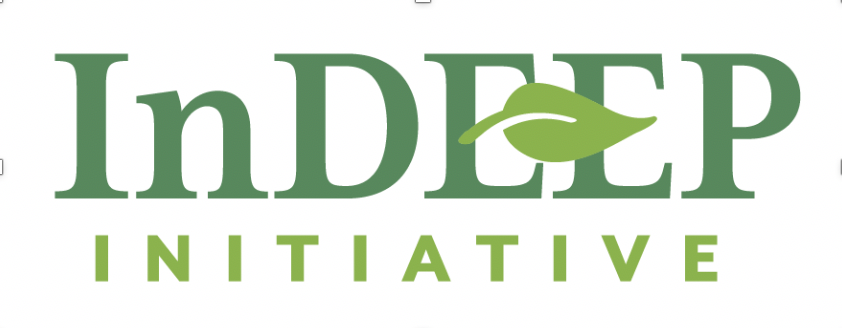Racial Equity Truthtellers: "The lens that I take to my work is really informed by my upbringing."
Racial equity journeys are different for everyone. Whether early on or later in life, at some point we learn how our backgrounds shape our futures. We can then use those experiences to our advantage and represent those with similar backgrounds who are underserved in any capacity. The same can be said for Joel Espino, transportation equity lead at Wend Collective.
Growing up as the first-born of Mexican immigrants and living in predominantly Black and Brown neighborhoods, Espino developed a natural motivation to want to give back and better his community. This passion led him to doing racial justice work with The Greenlining Institute, a racial justice advocacy organization based in Oakland, California. “That's where I first learned about the history of racial injustice in America and how that very much still plays a role in our lives today in terms of winners and losers,” he said.
In the five years he was at The Greenlining Institute, Espino worked at the intersection of clean transportation policy and racial justice. He was a key contributor to helping secure over $800 million in both government funding and also utility funding, which eventually led to over 30 clean transportation projects specifically designed to benefit low-income communities of color.
Photo credit: LinkedIn
“The highlight of my work is being able to tangibly get hundreds of millions of dollars benefiting the community that I care about and also helping create a culture shift, if you will, within the California policy space in clean transportation,” Espino said.
When asked how he defines racial equity, Espino described it as “reckoning and atoning for the original sins of this country.” He specifically mentioned the original sins of slavery, genocide, and land theft and how it boils down to justice and fairness. It’s about making sure Black and Brown people who are the most vulnerable and facing systemic disadvantages have the resources and power to catch up. This serves as a guiding light not only in his life but also in his work.
Having firsthand accounts of the stark contrasts of neighborhoods with mostly white faces compared to those of Black and Brown people gave Espino even more motivation to want to give back to the community he was raised in. While the people he grew up around were accustomed to struggle and violence, the opposite of that was happening in the neighborhoods on the other side of town with access to more resources. The people there seemed to be happy and have everything they needed.
“Particularly in my family, [we have] a lot of folks who are undocumented immigrants who struggle with the feeling of not having what you need and being scared of the government or being visible in the public eye,” said Espino. His experiences as a college student and his work with The Greenlining Institute helped change his perspective and sharpen his historical analysis of why these things happen. “It just emboldened me to figure out how I can be a part of the change that I want to see, which was racial justice and making sure that everyone has an opportunity for a healthy and happy life.”
Personal experiences, whether good or bad, provide important perspectives that can be catalysts for change as related to racial equity work. To learn more about Joel Espino’s racial equity journey and how it relates to the work he does with Wend Collective, listen to the full interview below.


